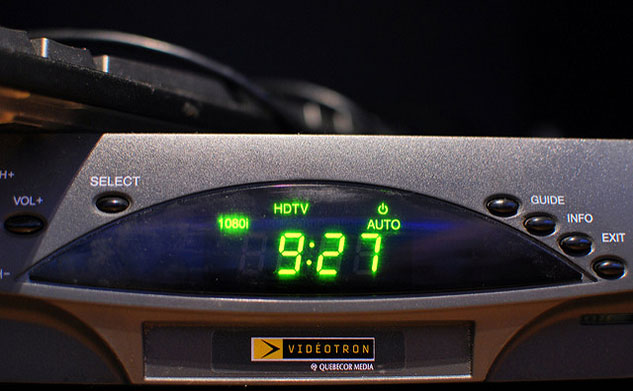FCC Proposes Disrupting Cable Box Market With Open Standards And More Competition

The FCC has taken steps to weaken the power of cable companies in recent years by siding with towns looking to offer their own Internet services, and it now looks as though the regulatory body has another trick up its sleeve that could save customers a few bucks in more ways than one.
FCC Chairman Tom Wheeler wants to promote open standards that would basically allow consumers to choose whatever set-top box they want to use with their cable TV service via a new proposal [PDF]. That means, if you wanted to use a hypothetical Apple TV, Amazon Fire TV or Roku device that supported Time Warner Cable or Comcast’s cable TV services, you could do so without issue.
In the set-top box market, you should have options that #competition provides. Let’s let innovators create & then let #consumers choose.
— Tom Wheeler (@TomWheelerFCC) January 27, 2016No longer would customers be forced to pay leasing/rental fees to their cable company for slow and clunky boxes. According to the FCC, Americans are paying $6 billion to $14 billion in fees each year alone to cable companies and satellite provider for set-top box rentals. The average American pays $7.43 per month to rent their set-top box, which represents a 185 percent increase since 1994.
We’re also talking about boxes that are among the most energy inefficient appliances in your home — independent research has shown the typical cable boxes (especially those with DVR capabilities) suck down a tremendous amount of power even when “off” and often consume more power than an air conditioning unit or a typical new refrigerator.

FCC Chairman Tom Wheeler
And cable companies have shown little interest in making changes despite the overall tech industry pushing towards more efficient devices, which would also save customers money in the long run. "The issue of having more efficient equipment is of interest to us," said Time Warner Cable spokesman Justin Venech back in 2011. "[But] when we purchase the equipment, functionality and cost are the primary considerations."
In a day where modern devices like smartphones, tablets and HDTVs have become cheaper and “smarter”, the FCC reasons that cable box pricing has only skyrocketed while not offering customers a significantly better user experience.
“More choices for innovative ways to access the programming they pay for on the device or app they prefer,” writes the FCC. “Just as consumers shop at retail for a smart phone today, and they can choose to purchase a wireless router instead of leasing one from their provider, consumers will have the same choice to use a competitive device with a third-party app if they choose.”
Not surprisingly, the cable industry is not exactly thrilled by the proposal, and it has banded together a coalition of 40 companies that are prepared to go to the mattresses with the FCC.

